Analyzing the Estonian film "1944": It can be better understood from the perspectives of love, Germany and Russian
This is a story about the war that took place in Estonia, one of the three Baltic countries at the end of World War II. Some Estonian soldiers joined the German army, some joined the Soviet army, and some wandered on both sides... It is different from the conventional World War II movies describing the evil Nazi Germany. Different, the film describes a little-known history from a unique perspective, thus revealing the suffering of the people in the small sandwich country, and arousing the audience's thinking. In the film, three languages (Estonian, German, and Russian) appear alternately. It just so happens that I have learned a little bit of both German and Russian, so I saw some key details that cannot be reflected in the subtitles. So, as soon as I saw the movie, I decided to write this one.
The IMDB and Douban links of the movie are here (you can see that Douban’s rating is much higher), interested friends can read the story introduction by themselves:
https://www.imdb.com/title/tt3213684/reference
https://movie.douban.com/subject/26356488/
What's more, here's the full movie (with Chinese subtitles) on Youku:
https://v.youku.com/v_show/id_XMzk4MjQ0OTMxMg==.html?spm=a2h0c.8166622.PhoneSokuProgram_1.4
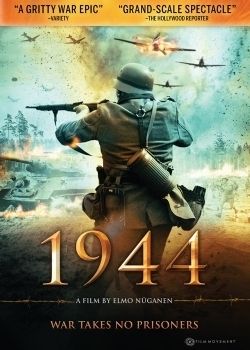
First of all, this history suggests that everyone read Wikipedia (several popular comments on Douban are actually copied):
https://en.wikipedia.org/wiki/Estonia
The history of the three Baltic countries is similar. A brief summary is:
1. Located in the strategically important area of the Baltic Sea, it is a battleground between Germany in the West and Russia in the East. Therefore, these three countries are all local languages, plus German and Russian.
2. Occupied by Russia before World War I. Opening the Baltic Sea is an important feat of Peter the Great.
3. Gained short-lived independence after World War I.
4. It was first occupied by Germany during World War II (some people regarded it as liberation, so they joined the German army; some people regarded it as aggression, so they joined the Soviet army), and then it was reintroduced into the Soviet Union and became a republic.
5. Started the 40-year rule of the Soviet Union until the disintegration of the Soviet Union in 1991. During the Hong Kong anti-revision movement in 2019, some demonstrators formed a human chain along the street, which originated from the form of protest here.
6. Re-independence, and then actively applied to join the European Union and North Vietnam to prevent Russia from invading again.
7. There are still many Russian ethnic groups in the local area, so there are still many stories about ethnicity, language, history, culture, etc. It is by no means as simple as "liberating from the evil Soviet Union and gaining a new life"!
I went to Latvia last year (unfortunately I didn’t go to Tallinn in Estonia, that is, the place in the play), there is a war museum there, and there is also a "Museum of the Occupied Period". "Incidents, Crimes, Victims" of Nazi totalitarian rule. Whenever foreign heads of state visit, they usually come here to visit. It can be seen from this!
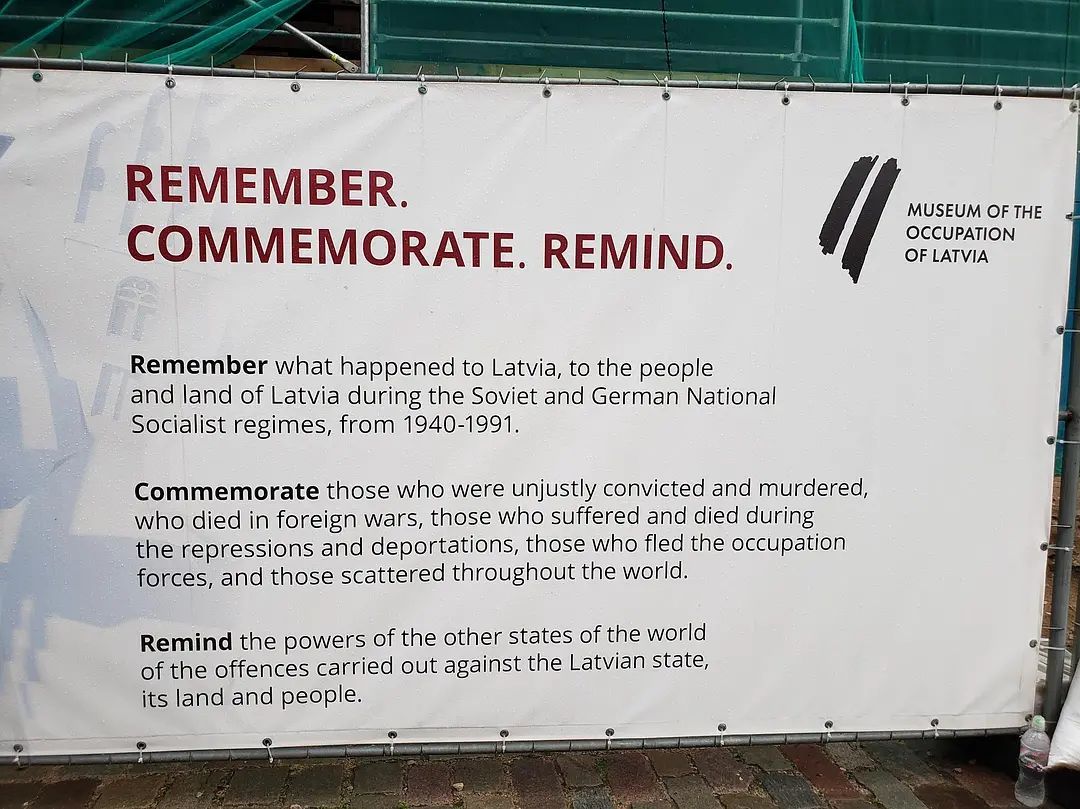
For a more detailed introduction, you can refer to the long travel notes I wrote on Qyer:
https://bbs.qyer.com/thread-3346241-1.html
Back to movies. Of course Estonian is spoken most of the time (since I don't understand it, I guess). I recorded several episodes (in chronological order) related to the language switch.
1. Around 13 minutes, the chat while waiting for the battle at dawn
Another German team was found from the smearing of the Estonian German army, and they spoke German. Because the opponent is the Danish German army, naturally they don't speak Estonian. At that time, Germany conscripted soldiers from all the occupied countries to fight. Of course, the core is still German.
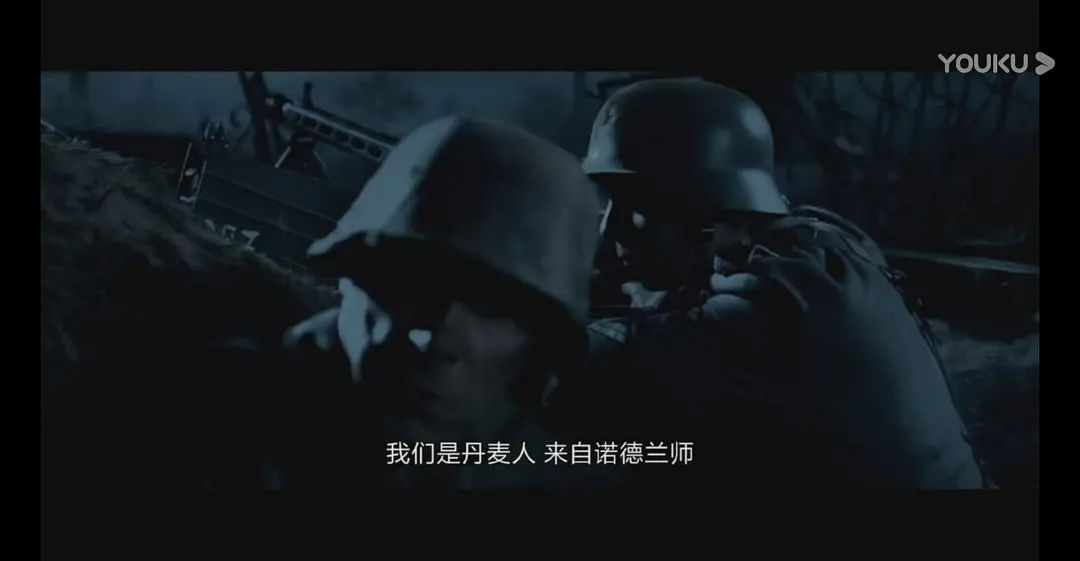
2. At about 53 minutes, a peasant couple once again entertained the soldiers, but this time it was an Estonian who joined the Soviet army
The conversation between them here is in Estonian, so the peasant couple thought they were still on the German side against the Soviet Union (which they regarded as the Liberation Army). Most of this Estonian Soviet army are locals, only Prohhor is actually Russian, and his grandmother is Estonian, so he can also speak Estonian.
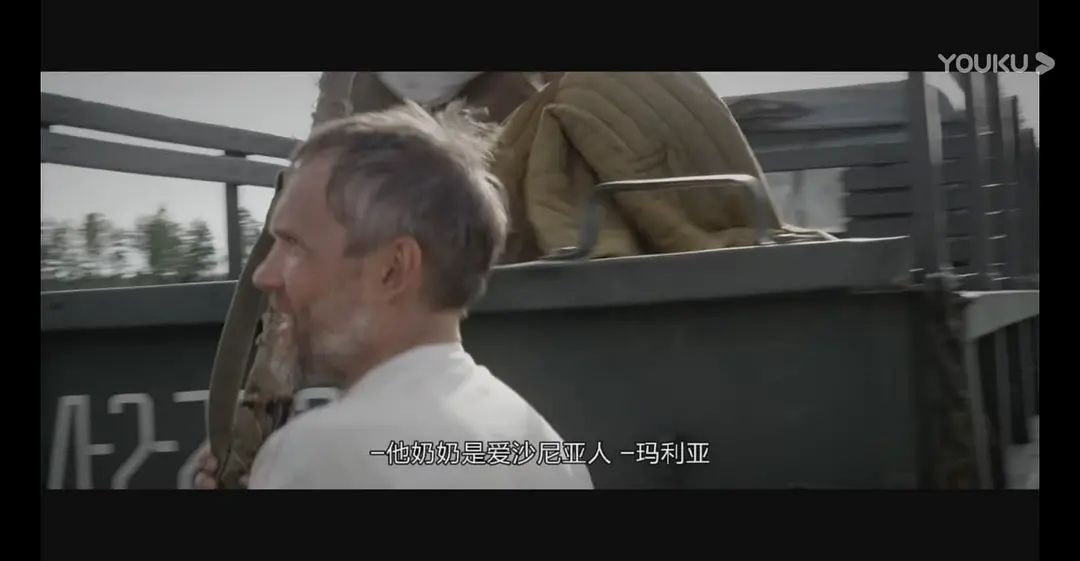
Then the soldiers decided to leave some canned meat in return. These cans were supported by the USSR at the time, but the farmer did not know English and thought they were German goods from the German army. Because Estonian also uses the Latin alphabet. If they were given in Cyrillic script produced by the Soviet Union, they would be recognized as Soviet soldiers at once.
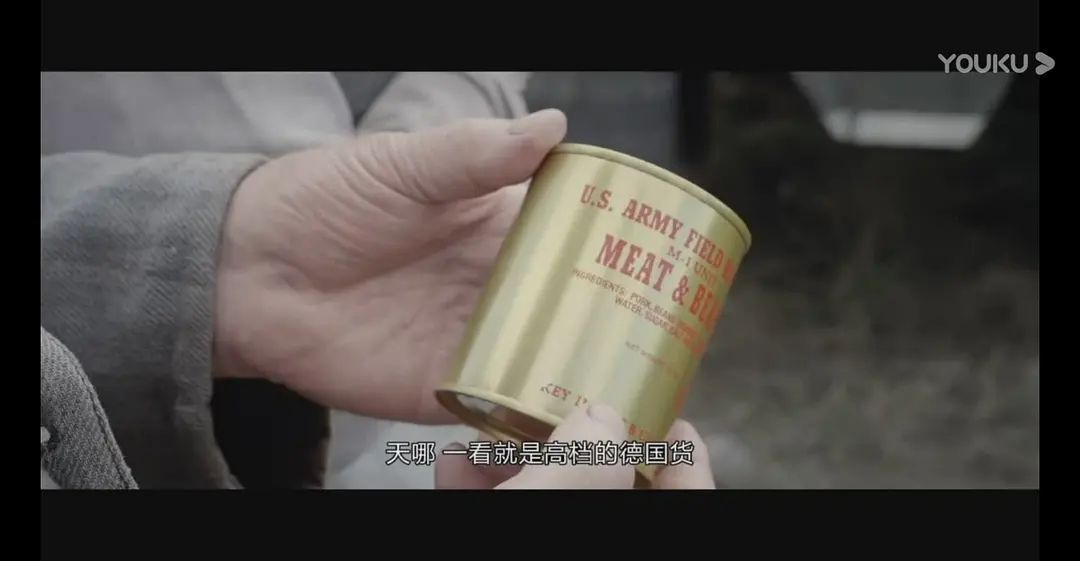
But in the end it was revealed, because after getting in the car they put on Soviet military uniforms, and Prohhor said this Russian phrase Поехали (literally "we go in the car". By the way, I am currently learning Russian movements, Go There are countless ways to say the word, the head is big). The peasant couple was dumbfounded for a moment, but the car had already driven away.
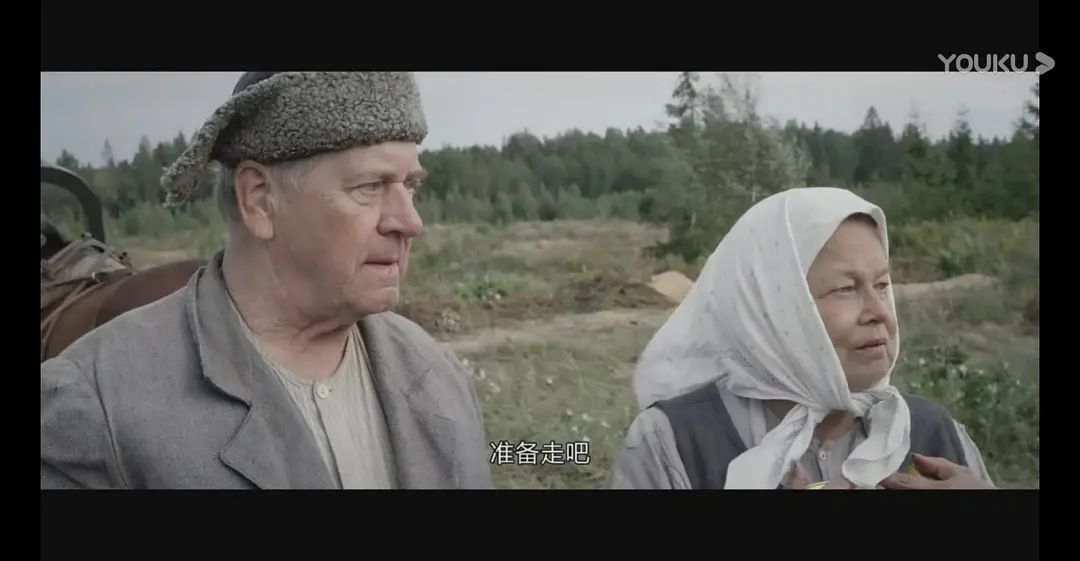
3. About 55 minutes, leaving the farmer couple, the conversation between the soldiers on the truck
All the soldiers in this team spoke Estonian before, but from this period they were all in Russian. Prohhor's comments on the peasant couple, and that they will be sent to the "Gulag" concentration camp (i.e. rich peasants are sent to labor camps). reveals that another catastrophe is coming in Estonia.
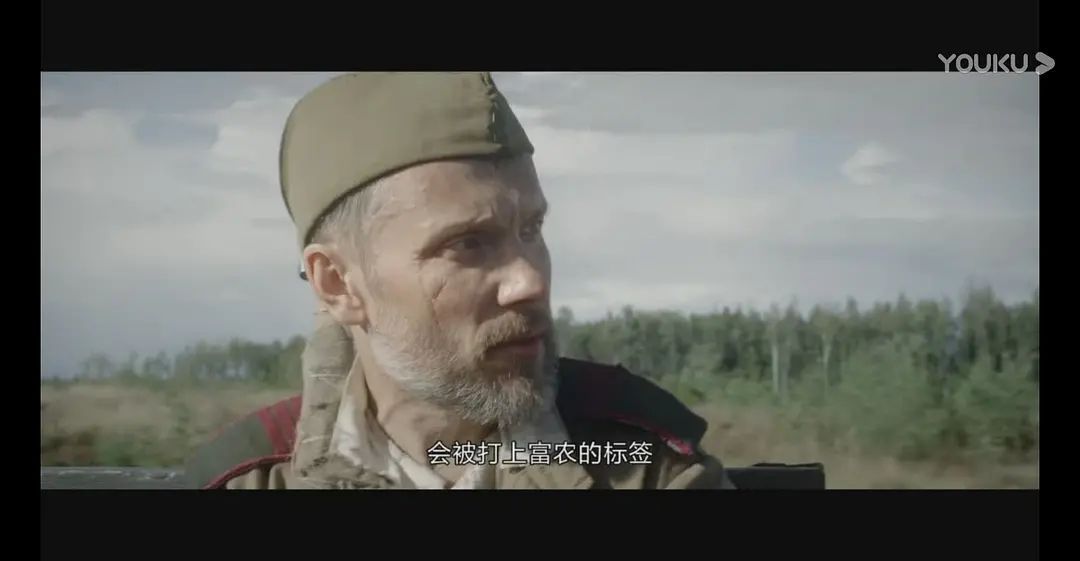
The person had been speaking Russian, remembering his loved ones, and then wept. I think he should be a local Russian who was persecuted after the Germans came (Karl’s family was persecuted after the Soviets came, so he joined the German army).
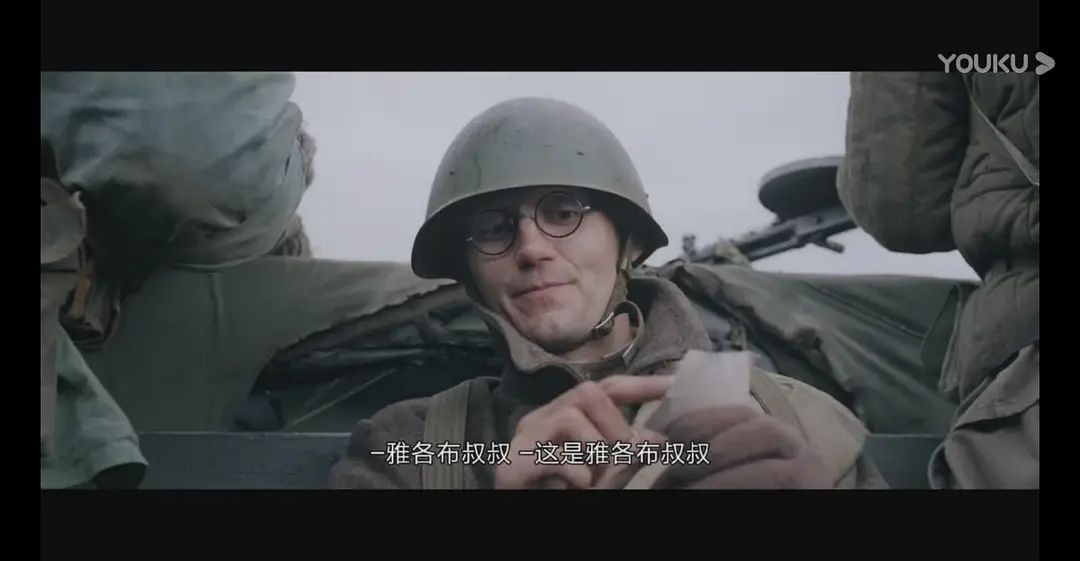
So in his later battles he killed three Estonian German prisoners who had surrendered. Seeing compatriots being tortured and killed in such a way shocked the other soldiers at that time.
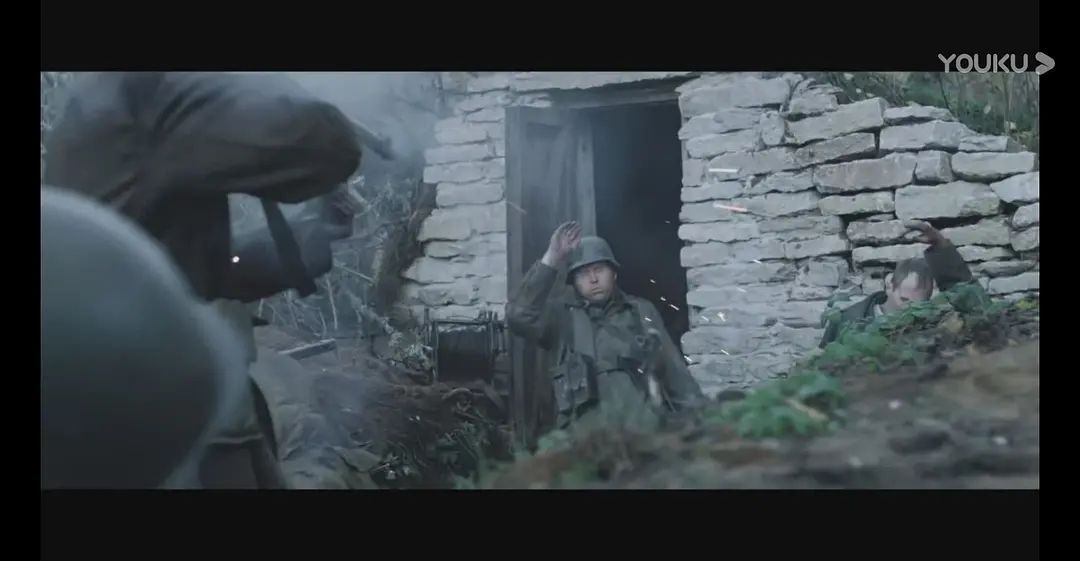
4. About 82 minutes, the dialogue between Juri and Prohhor
Here they speak Russian all the time. It can be seen that the relationship between them is also different from others.
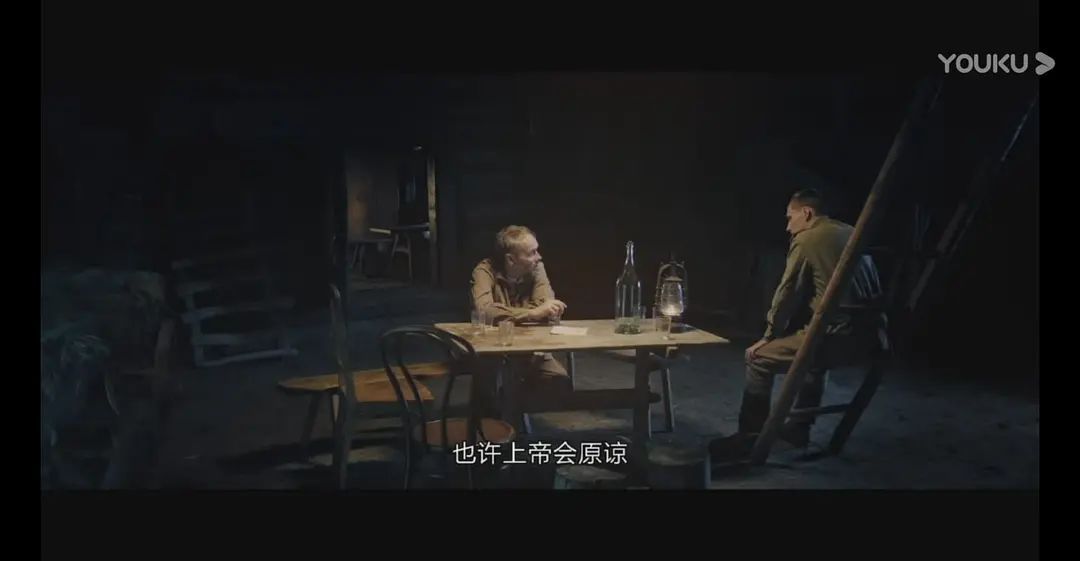
So, in the end Prohhor killed the Colonel (although he is Russian! Only a little Estonian blood), to avenge Juri. Of course, there should be some who feel that children should not be killed.
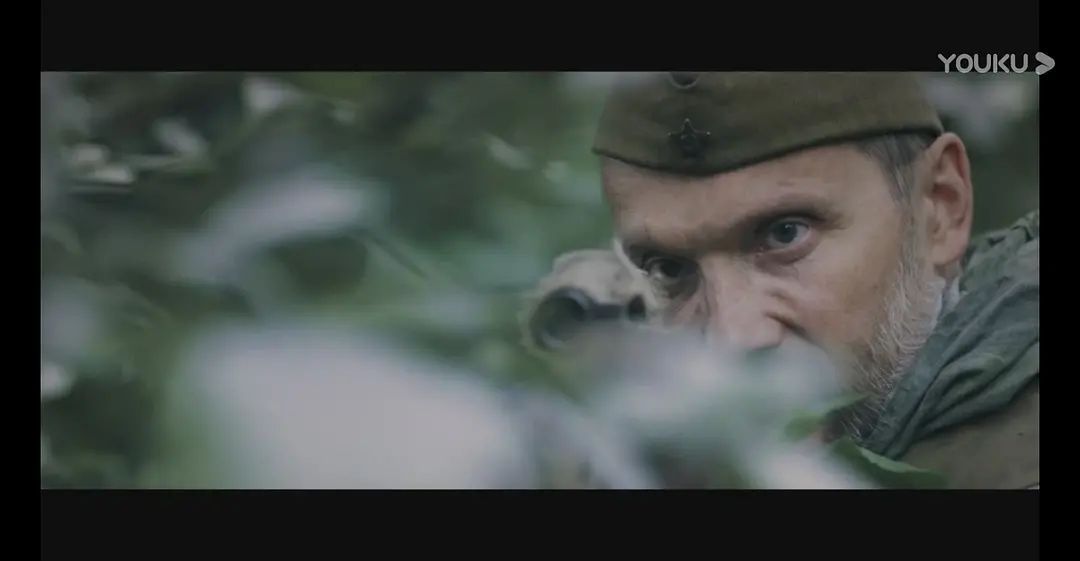
5. At the end of the film, Prohhor sends a letter to Aino for Juri
The picture of this scene is very similar to Juri sending a letter to Aino for Karl before, but the language is completely different! Juri delivered the letter in Estonian, while Prohhor delivered the letter with only the first greeting in Estonian, and the rest in Russian. Including the nanny behind also speaks Russian! Symbolizing the total rule of the Soviet Union, everyone has to learn Russian these years.
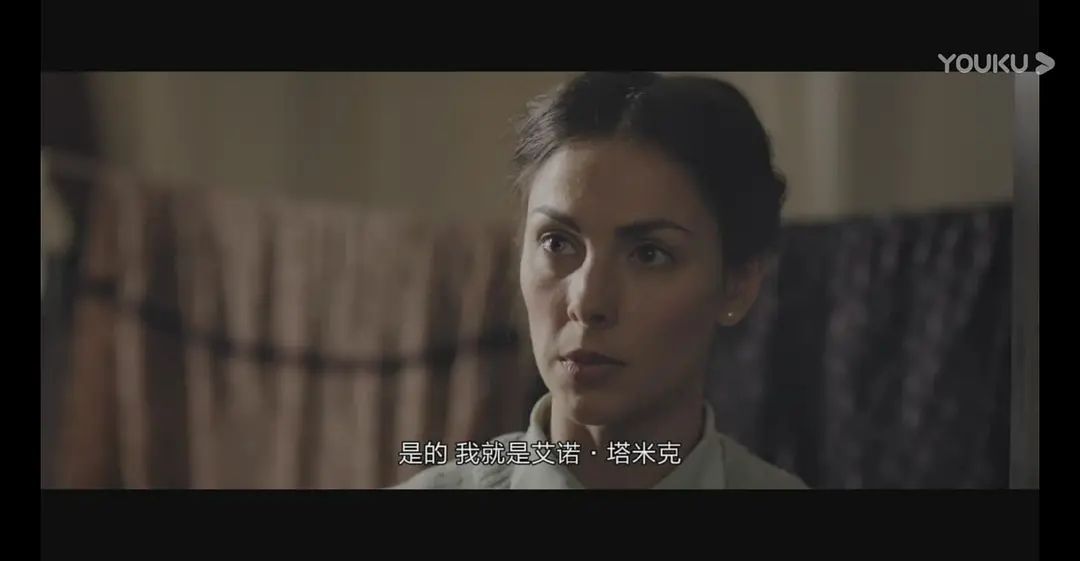
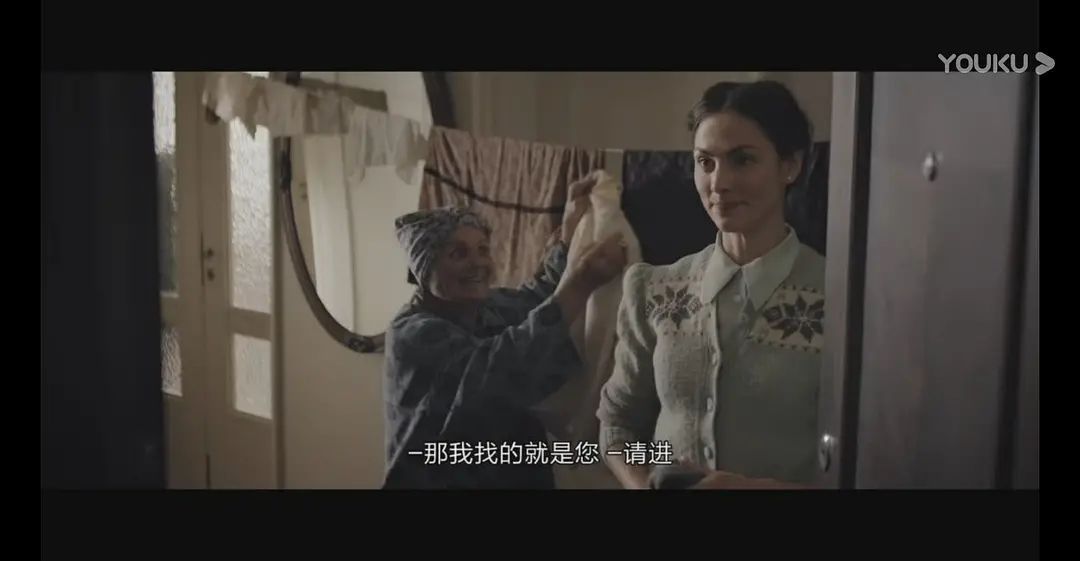
Finally, a lot of contrasting techniques are used in this movie. For example, the comparison between Karl and Juri, the comparison between Karl-Aino and Prohhor-Aino, the comparison between the peasant couple and the two groups of soldiers... What impressed me was Vennad (that is, the twins, these two actors in real life Also twins!), he joined the German army at first; even though his brother was killed by the Soviet army, he joined the Soviet army later. This role just symbolizes the tragedy and helplessness of Estonia and even the entire three Baltic countries in this war.
Like my work? Don't forget to support and clap, let me know that you are with me on the road of creation. Keep this enthusiasm together!
